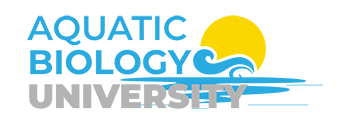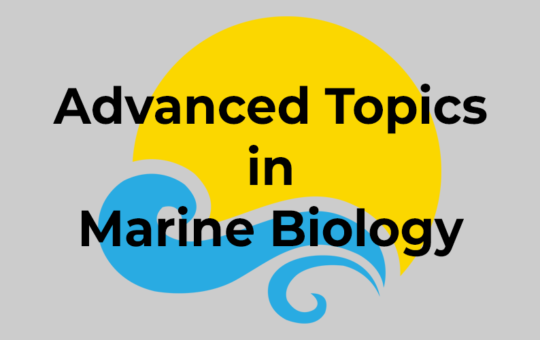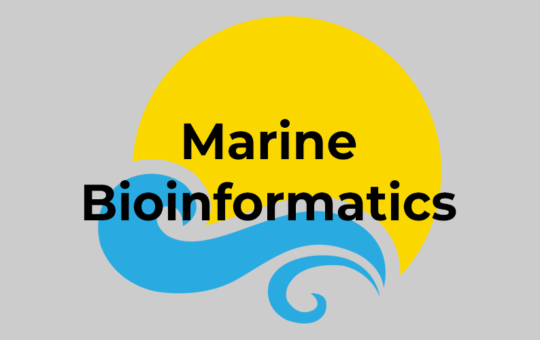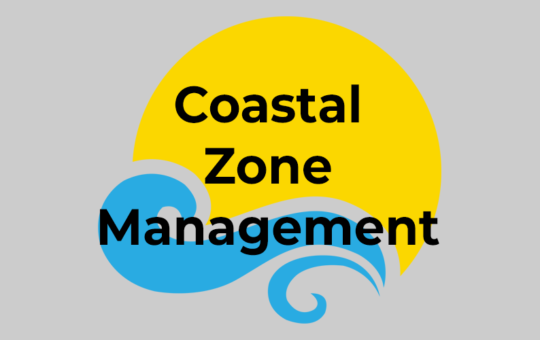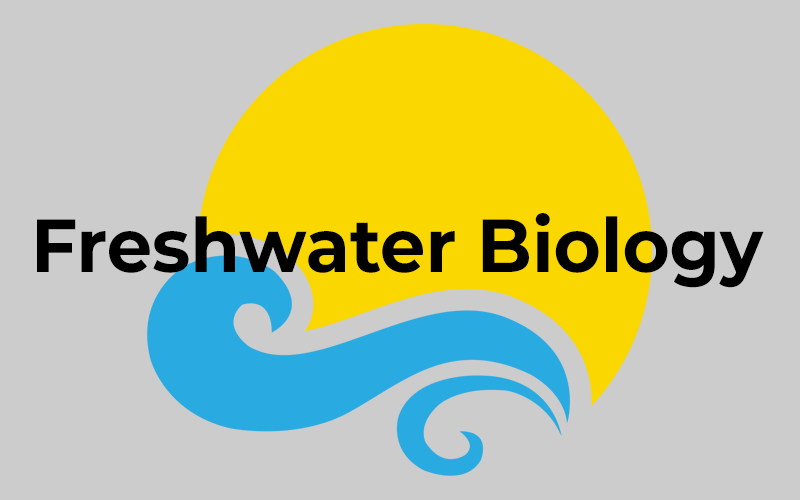
Freshwater Biology
Freshwater Biology focuses on the study of ecosystems found in rivers, lakes, ponds, and wetlands, providing students with a thorough understanding of the unique characteristics and dynamics of freshwater environments. This course examines the physical, chemical, and biological properties that define freshwater habitats, exploring how these factors influence the organisms that inhabit them. Students will learn about the diverse range of freshwater species, from algae and aquatic plants to invertebrates, fish, and amphibians, and their adaptations to living in freshwater conditions. The course emphasizes the ecological importance of freshwater systems, highlighting their roles in nutrient cycling, water purification, and supporting biodiversity.
Throughout the course, students will investigate the interactions between biotic and abiotic components within freshwater ecosystems, gaining insight into food webs, energy flow, and ecosystem dynamics. The course also addresses the human impact on freshwater environments, discussing issues such as pollution, habitat destruction, and water management practices. By combining theoretical knowledge with practical experiences through fieldwork and laboratory exercises, students will develop the skills needed to assess and manage freshwater resources effectively. This course provides a solid foundation for careers in environmental science, conservation, and resource management, as well as further academic research in freshwater biology.
Curriculum
- 4 Sections
- 12 Lessons
- 1 Quiz
- 0m Duration
Section 1: Introduction to Freshwater Biology
- Chapter 1: Overview of Freshwater Ecosystems
- Chapter 2: Physical and Chemical Properties of Freshwater
- Chapter 3: Freshwater Biodiversity
Section 2: Freshwater Flora and Fauna
- Chapter 4: Freshwater Plants and Algae
- Chapter 5: Freshwater Invertebrates
- Chapter 6: Freshwater Vertebrates
Section 3: Freshwater Ecosystems
- Chapter 7: Rivers and Streams
- Chapter 8: Lakes and Ponds
- Chapter 9: Wetlands and Swamps
Section 4: Human Impact on Freshwater Ecosystems
- Chapter 10: Pollution in Freshwater Environments
- Chapter 11: Climate Change and Freshwater Ecosystems
- Chapter 12: Conservation and Management of Freshwater Resources
- Course 3: Freshwater Biology - Assessment Test
